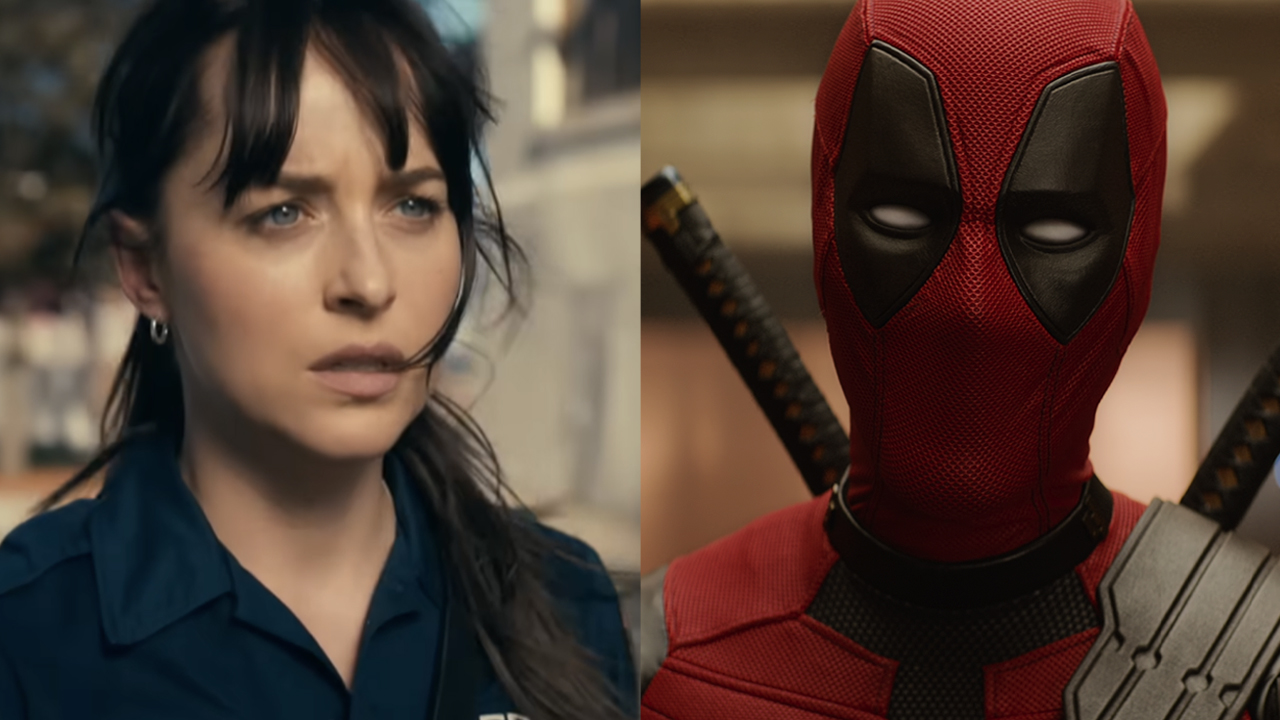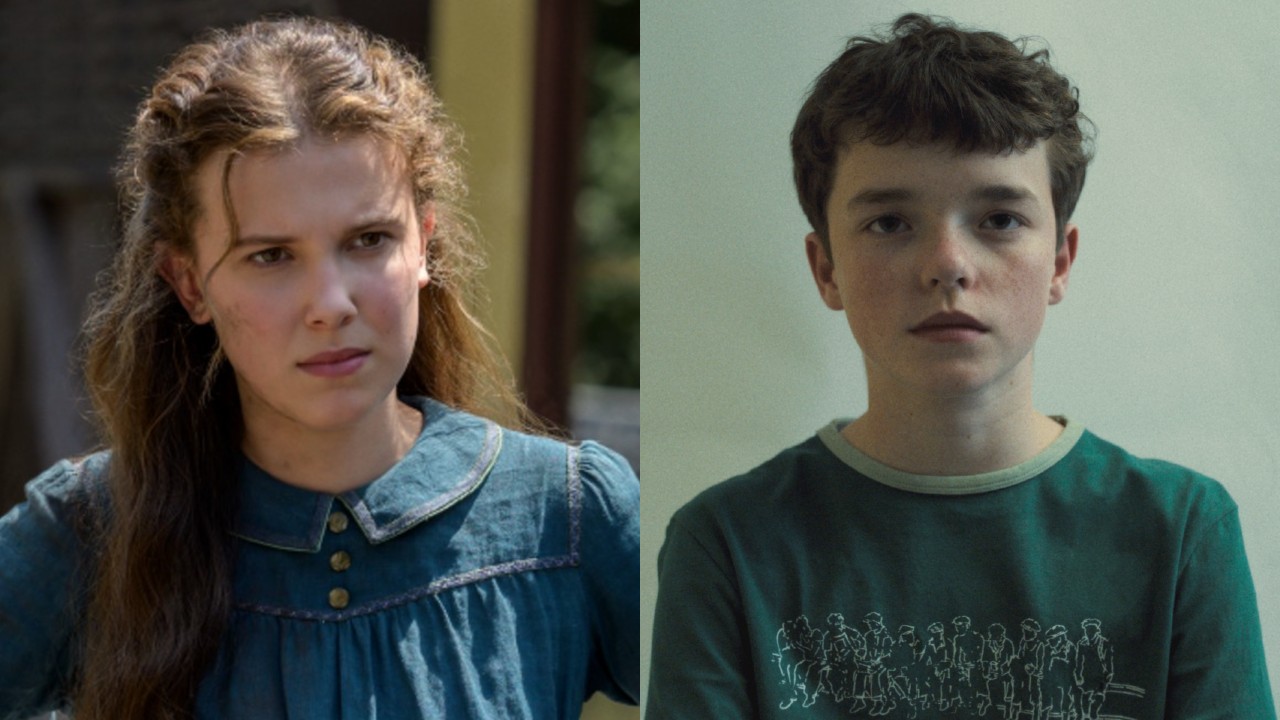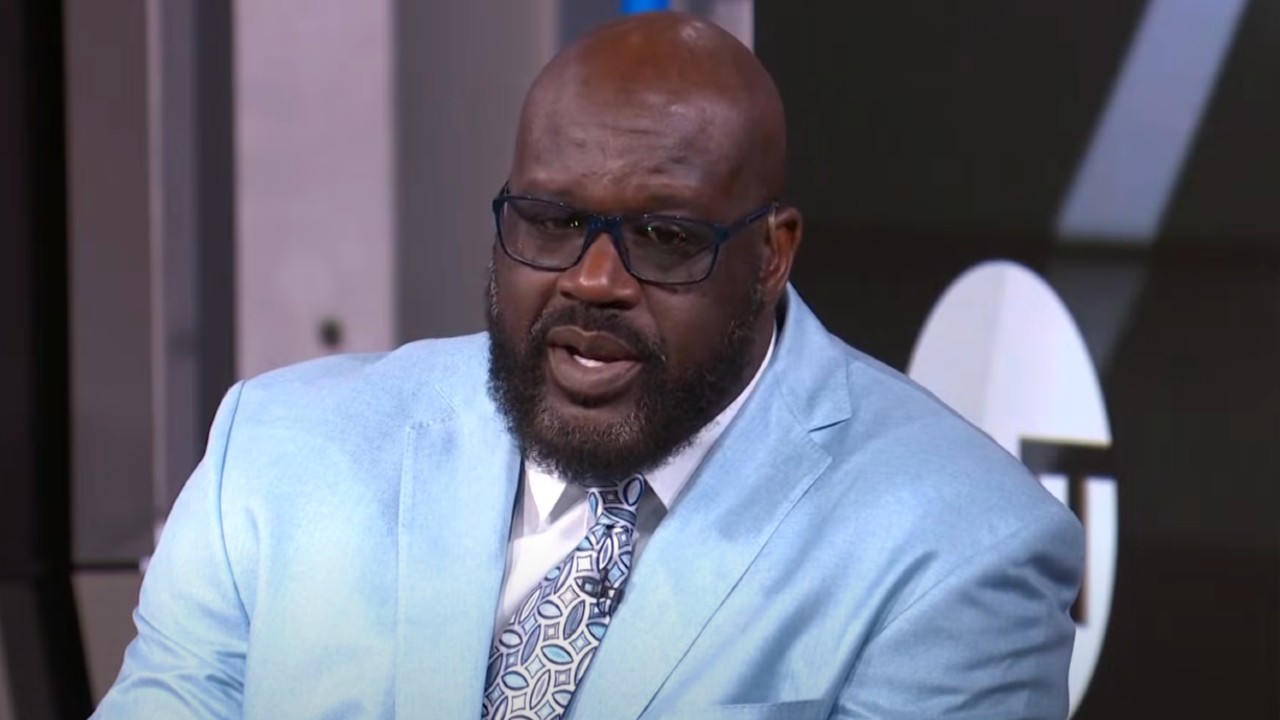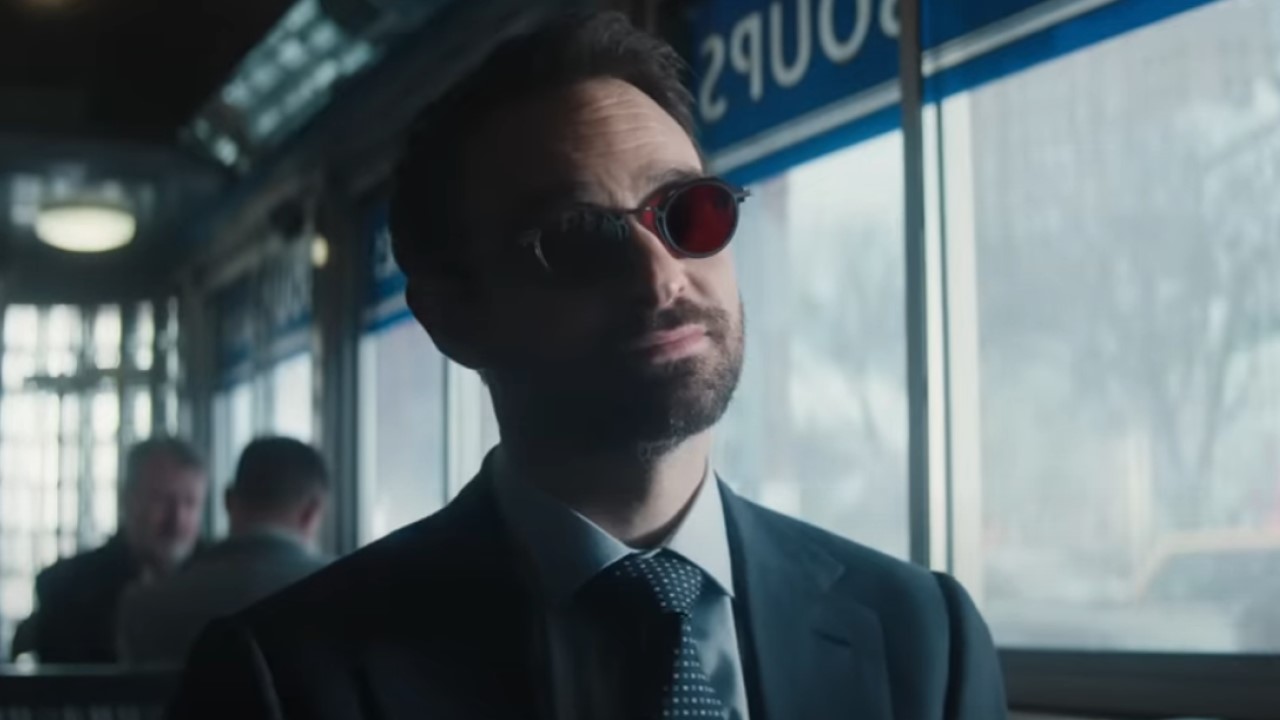
The modern gaming industry offers consumers plenty of reasons to complain. With the rise of social media, it's never been easier for gamers to express these negative opinions.
Here are five of the biggest pet peeves among the gaming community. For each item on the list, we've also indicated how they can (occasionally) be good things, too:
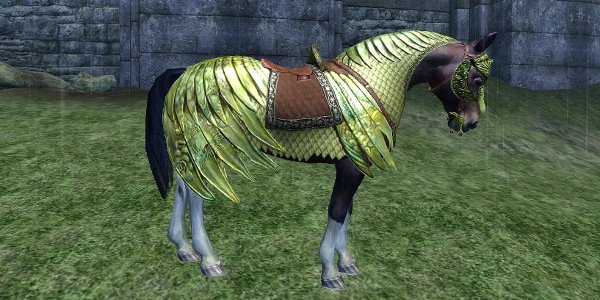
Downloadable Content
Why It's Worth Complaining About: Not content to simply get $60 from gamers, game developers will sell extra parts of their game for up to $20. In some cases, these extras are merely cosmetic items that don't add much to the experience at all. Even the DLC packs that do add gameplay time to the game can feel like a rip-off, only adding maybe an hour's worth of entertainment. These premium add-ons divide up the communities of multiplayer games, too, with players unable to team up with friends who own DLC that they don't. Plus, now that DLC has been proven to be so lucrative, it's very rare for a game to receive extra content for free.
Why It's Not Worth Complaining About: While there's plenty of terrible and overpriced DLC out there, some developers have created meaningful DLC that provides a great value. Skyrim's DLC pack Dragonborn, for example, introduced a new island for players to explore and offers over 10 hours of entertainment. There's nothing inherently wrong with companies creating post-launch content for their games and getting paid for it - the problem is just that a lot of this DLC is too expensive for what it actually delivers players.

Annual Sequels
Why It's Worth Complaining About: To ensure steady profits, some publishers will produce sequels in their big franchises on a yearly basis. Because these sequels are being developed in such short periods, there's often very little difference between the sequel and the prior year's game. When publishers enlist two or more studios to tag team a series, there's a confusing inconsistency from year to year. A sequel might roll back positive changes or new features from a previous installment. The yearly releases are great for the publisher's bottom line but can result in creative stagnation for the series.
CINEMABLEND NEWSLETTER
Your Daily Blend of Entertainment News
Why It's Not Worth Complaining About: The reason publishers churn out sequels on a yearly basis is because someone keeps buying them. While you might not have any interest in buying a new Call of Duty or Assassin's Creed every fall, it's clear a lot of other people do. Frustrating as it might be, there's nothing you can do about that. You're not going to convince these people that they don't like the thing they like. If you think a series is in a creative rut, the best thing to do is just find a game that suits you better. That's quicker than waiting for risk-averse publishers to take more chances with their cash cows.
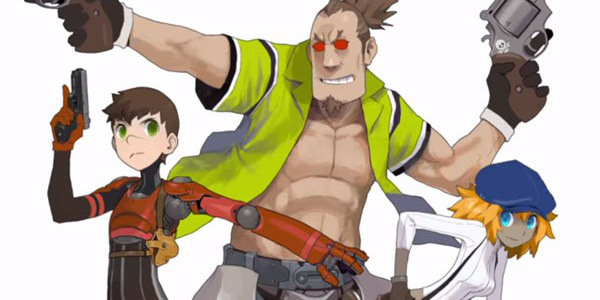
Kickstarter
Why It's Worth Complaining About: Game development can be a uncertain and costly process. With the rise of Kickstarter and crowd-funding, consumers now assume some of that risk. They're now asked to donate part or all of the game's development budget based on a short pitch. The key word is "donate" - it's not an investment you'll get a return on or a purchase you can have refunded. If the game never materializes or doesn't live up to your expectations, you may not have any recourse.
Why It's Not Worth Complaining About: If you're not interested in funding a game's development or you're leery about its chances of being completed, you don't have to. Game projects with merit will likely exceed their fundraising goals with or without you. If they don't meet their goal...well, it's on the developer to refine their pitch or their design entirely. While some Kickstarter projects do flame out, plenty of great games - Pillars of Eternity, Wasteland 2 and FTL - might not have happened without crowdfunding. It's great that developers now have a way to complete games other than big publishers.
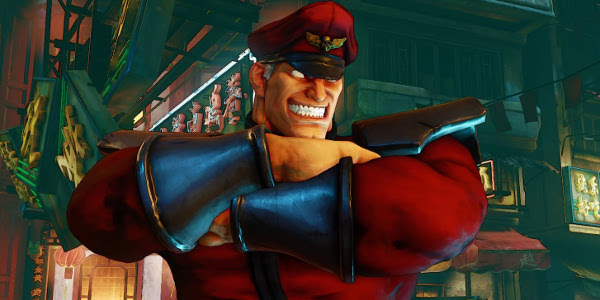
Console Exclusives
Why It's Worth Complaining About: The Xbox One could run Street Fighter 5 and PS4 could run Rise of the Tomb Raider. There are plenty of players who would buy those games on those platforms, too. However, they can't because they're exclusive to a rival console. These exclusive deals are great for the companies trying to convince people to buy their console ("If you want to play the next Tomb Raider, you need an Xbox One") but it's crappy for consumers, who find themselves unable to play a desirable game because they bought the "wrong" console.
Why It's Not Worth Complaining About: Exclusives, fortunately, don't often stay exclusive. These days, many games are merely timed exclusives so they hit the PC and even other consoles at a later date. Plus, keep in mind that some games wouldn't exist at all without the financial backing of a console maker. For example, Platinum Games says that Bayonetta 2 only happened because Nintendo published it.
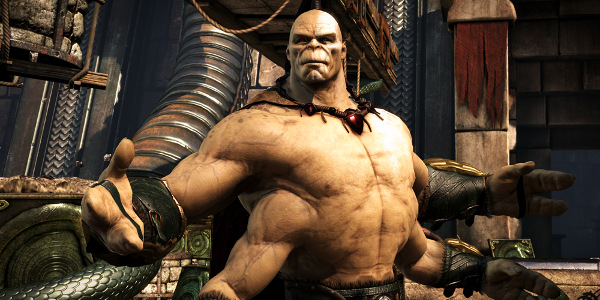
Pre-Order Bonuses:
Why It's Worth Complaining About: To ensure that consumers buy their game at launch, publishers now offer a raft of bonuses for pre-ordering. These bonuses were once as innocuous as t-shirts or posters. Now, though, they include actual features in the game. Want to play Goro in Mortal Kombat X, or the beta for Halo 5? You're going to need to throw down money for the game. A smart consumer that waits until the reviews hit to buy the game sometimes misses out on important parts of the game. Even if you do pre-order, you may still be deprived of certain bonuses because they were exclusive to a different retailer.
Why It's Not Worth Complaining About: Well, I guess you don't have to - you know what, screw it. I can't do it. Pre-order exclusives are the worst.
Staff Writer at CinemaBlend.
'Our Life Wasn't A Nightmare' Ice Cube Explains Why He Thinks Friday Became So Beloved By Fans
Madame Web Was A Famous Bomb, But It’s Beating Deadpool 3 In A Surprising Way
Celebrities Might Look Amazing On The Red Carpet, But Florence Pugh Just Got Real About How Insane Thunderbolts* Premiere Day Has Actually Been

